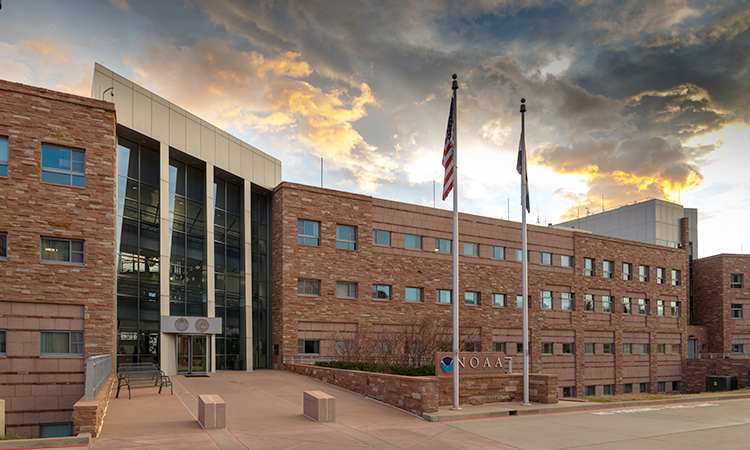A .gov website belongs to an official government organization in the United States.
A lock () or https:// means you've safely connected to the .gov website. Share sensitive information only on official, secure websites.

Atmospheric particles with a large fraction of water soluble carbon contain organic species that absorb solar radiation. This wavelength-dependent absorption leads to a brown colour and the term brown carbon (BrC). Molecules that comprise BrC have been likened to humic substances because of the similarity between their UV/vis absorption spectra, but are otherwise poorly characterized complex mixtures. To better understand the structural characteristics of BrC, we applied techniques used for the analysis of humic substances to various real aerosol extracts likely to contain BrC. These samples were collected from biomass burning plumes of various ages (collected in Vancouver, BC and St. John's, NL) and background air from the SOAS campaign. Using i) ultra-high resolution mass spectrometry and ii) size-exclusion chromatography coupled to UV/vis and mass spectrometry detection, we can improve our understanding of the structures that comprise BrC and their likely sources. With the first application of size-exclusion chromatography-UV/vis to BrC samples, we have unambiguously shown the prevalence of extremely low volatility organic compounds (ELVOCs) in BrC, with masses up to 10,000 Da. Within size-resolved aerosol samples, we observed that BrC and typical biomass burning markers were externally mixed. The molecular size distribution of BrC compounds was conserved between aerosol samples of different origin, including background aerosol from SOAS, suggesting most BrC is derived from biomass burning. Insights regarding molecular composition of BrC, aging, and the limitations of mass spectrometry in detection and characterization of BrC will be discussed.
Cora Young leads an environmental analytical chemistry research group at Memorial University of Newfoundland.
ALL Seminar attendees agree not to cite, quote, copy, or distribute material presented without the explicit written consent of the seminar presenter. Any opinions expressed in this seminar are those of the speaker alone and do not necessarily reflect the opinions of NOAA or CSL.